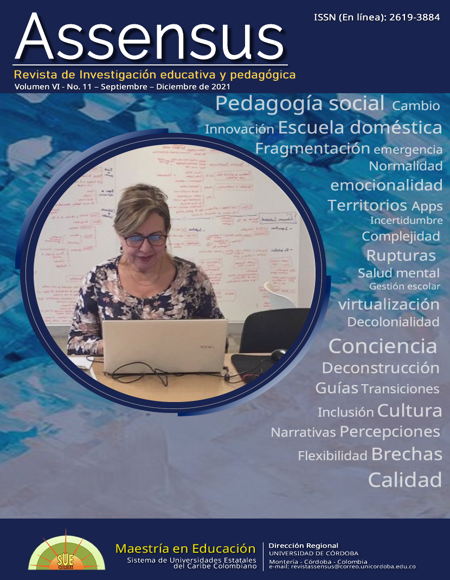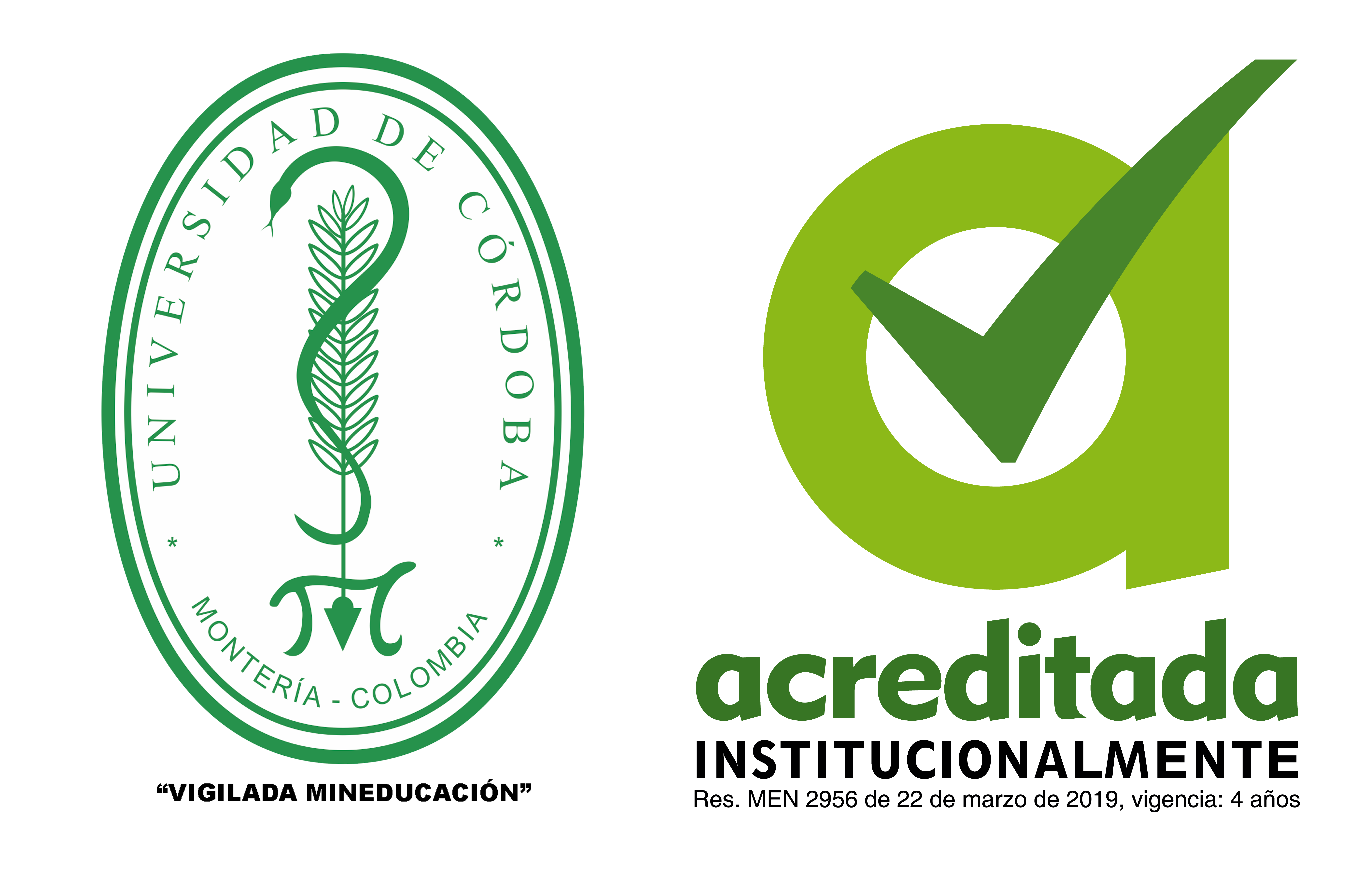Human Rights Education From The Recognition And Humanism Of The Other
Educación en Derechos Humanos desde el Reconocimiento y Humanismo del Otro
The Assensus journal has a Creative Commons license. The citation, use and partial or total reproduction of the contents is authorized by citing sources. For more information, see https://creativecommons.org/licenses/by-sa/4.0/deed.en
Show authors biography
This article exposes human rights education, from its experience, with a focus on the theories of recognition and the humanism of the other by Emmanuel Levinas, which is based on the self that achieves its identity from absolute responsibility for the other man. Starts off a description of education for the experience of human rights taught at the Juan Pablo II Diocesan College of Planeta Rica, Córdoba, a qualitative research method was adopted, with the methodological design of phenomenology, which allowed structuring direct relationships with the research subjects through the application of focus groups, testimonial narratives and in-depth interviews. Among the results obtained, it is concluded that this type of education strengthens the collective ethics, which is the basis of participatory democracy. The school must insist on forming certain universal values that children and young people put into practice in their daily lives, therefore, training in human rights should not be carried out solely and exclusively from legal codes.
Article visits 230 | PDF visits
Downloads
- Acuña, N, M. (2014). Estrategias didácticas para la enseñanza de los derechos humanos en el ejército nacional de Colombia –ESPRO- 2013. Universidad militar nueva granada, facultad de humanidades maestría en educación.
- Blanco, E, R. (2016, junio). Enseñanza aprendizaje de la educación en derechos humanos, en las instituciones educativas oficiales de Tunja – Boyacá. Revista LOGOS CIENCIA & TECNOLOGÍA, vol. 7. ISSN 2422-400.
- Bolio, A P. (2012). Husserl y la fenomenología trascendental: Perspectivas del sujeto en las ciencias del siglo XX, Reencuentro, núm. 65, pp. 20-29.
- Cotán, F, A. (2016). El sentido de la investigación cualitativa. Escuela Abierta, ISSN: 1138-6908
- Escobar, J., & Bonilla, F, I. (2017). Grupos focales: una guía conceptual y metodológica. Cuadernos Hispanoamericanos de Psicología, Vol. 9 No. 1, 51-67
- Fuster, D. (2019). Investigación cualitativa: Método fenomenológico hermenéutico. Propósitos y Representaciones, 7(1), 201-229. Doi: http://dx.doi.org/10.20511/pyr2019.v7n1.267
- Guevara, L, G. (2016). Tierra territorio en el departamento de Córdoba en el escenario del posconflicto. Primera edición, Offset Gráfico Editores SA.
- Levinas, E. (2009). Humanismo del Otro Hombre. siglo xxi éditores, s.a. de c.v. CERRO DEL AGUA 248. ROMERO DE TERREROS. 04310, Mexico. D F.
- López, M. (2011). Educación para la ciudadanía y derechos humanos: una asignatura orientada a favorecer la convivencia. Universidad de Barcelona. Facultad de pedagogía departamento de teoría e historia de la educación.
- Magendzo, A, (2008). Ideas-fuerza y pensamiento de la educación en derechos humanos en Iberoamérica. Cátedra UNESCO EDH/UAHC. Fundación IDEAS.
- Mendieta-Izquierdo G, Ramírez-Rodríguez JC, Fuerte JA. La fenomenología desde la perspectiva hermenéutica de Heidegger: una propuesta metodológica para la salud pública. Rev. Fac. Nac. Salud Pública 2015; 33(3): 435-443. DOI: 10.17533/udea.rfnsp.v33n3a14
- Millán, J, A. (2011). Análisis de la narración testimonial sobre el sitio de Querétaro. Universidad autónoma metropolitana. http://hdl.handel.net/11191/7121
- Monsalve, J. (2017). Emmanuel Levinas y Seyla Benhabib: derechos humanos como derechos de los otros.
- Perseitas, 5(2), 461-478 DOI:https://doi.org/10.21501/23461780.2425
- PEI. (2019). Proyecto educativo institucional Colegio Diocesano Juan Pablo II Planeta Rica Córdoba.
- PLANEDH. (2014). Plan Nacional de Educacion en Derechos Humanos. Buenos y Creativos S.A.S.
- Ramírez, G. (2000). La educación en derechos humanos en México, Experiencias de educación en derechos humanos en América Latina, Ed. Instituto Interamericano de Derechos Humanos (IIDH) y Fundación Ford.



